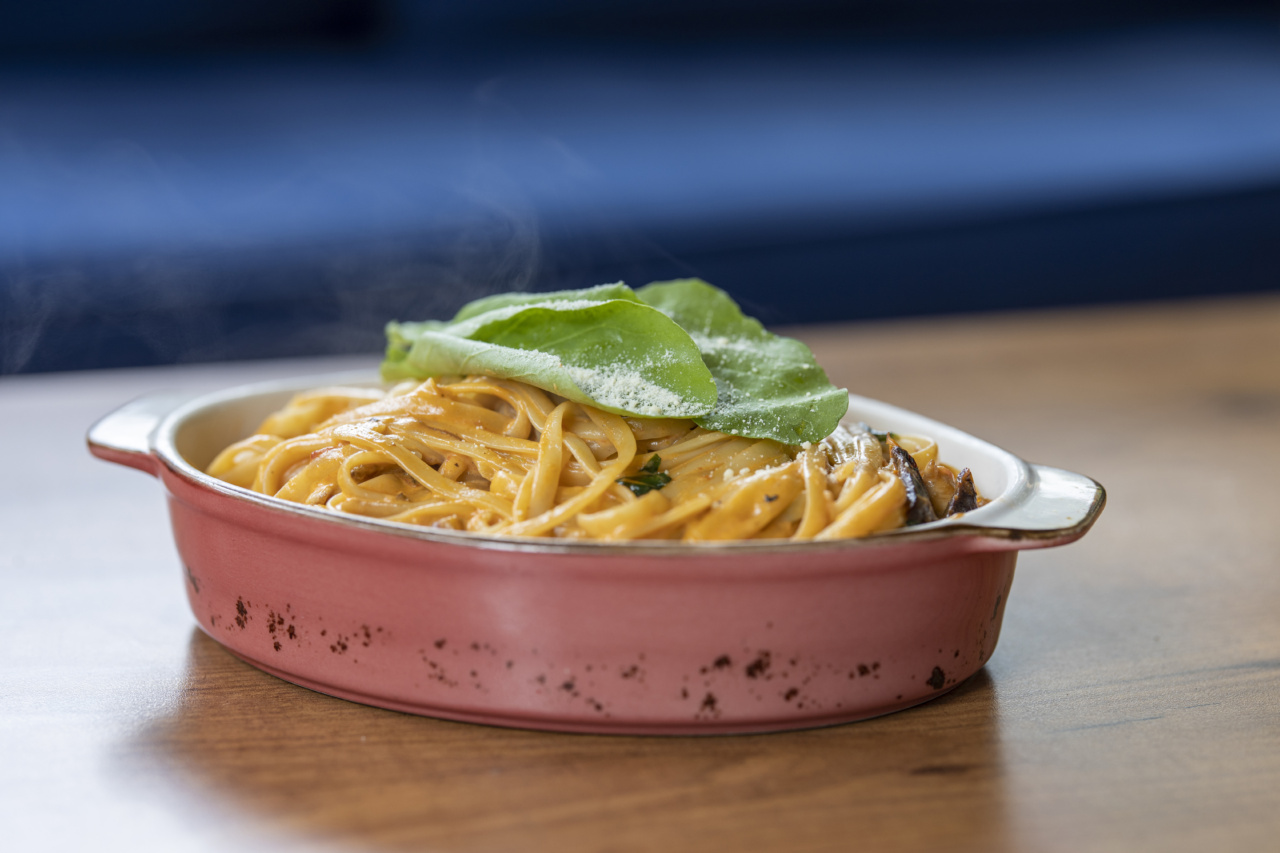In today’s fast-paced world, maintaining a healthy diet can sometimes be challenging. However, it is crucial for our overall well-being to fuel our bodies with nutritious and low-calorie foods to support optimal digestion.
In this article, we will explore various food options that aid in digestion while being low in calories.
1. Fiber-Rich Foods
Fiber is an essential nutrient for healthy digestion. It helps regulate bowel movements, prevents constipation, and promotes the growth of beneficial gut bacteria.
While being low in calories, fiber-rich foods also provide a feeling of fullness, making them perfect for weight management. Include the following fiber-rich foods in your diet:.
– Whole grains (oats, brown rice, quinoa) – Legumes (beans, lentils, chickpeas) – Fruits (berries, apples, oranges) – Vegetables (broccoli, Brussels sprouts, spinach).
2. Probiotic Foods
Probiotics are live bacteria and yeasts that are beneficial for our digestive system. They improve gut health, aid in nutrient absorption, and help maintain a balanced digestive system. Look for low-calorie probiotic foods such as:.
– Yogurt (low-fat or Greek) – Kefir – Sauerkraut – Kimchi.
3. Lean Protein Sources
Protein is essential for building and repairing tissues in our body. When choosing protein sources, opt for lean options that are low in calories. Not only do they provide necessary nutrients but they are also easier to digest.
Include the following lean protein sources in your diet:.
– Skinless poultry (chicken, turkey) – Fish (salmon, trout, tilapia) – Tofu – Egg whites.
4. Leafy Greens
Leafy greens are packed with nutrients, including vitamins A, C, and K, as well as fiber and antioxidants. These low-calorie foods not only aid digestion but also support overall health. Incorporate the following leafy greens into your meals:.
– Spinach – Kale – Swiss chard – Romaine lettuce.
5. Ginger
Ginger is a root that provides several digestive benefits. It helps to soothe the digestive system, alleviate nausea, and improve bowel movements. Ginger can be consumed in various forms, such as:.
– Ginger tea – Fresh ginger in cooking – Ginger supplements (consult a healthcare professional before use).
6. Chia Seeds
Chia seeds are incredibly nutritious and low in calories. They are rich in fiber, omega-3 fatty acids, and antioxidants. These tiny seeds can absorb liquid and form a gel-like consistency, aiding in digestion and promoting feelings of fullness.
Try incorporating chia seeds into your diet by:.
– Adding them to smoothies – Sprinkling them on top of yogurt or oatmeal – Using them as an egg substitute in baking.
7. Herbal Teas
Herbal teas not only provide hydration but can also alleviate digestive issues. Several herbs have been traditionally used for their digestive properties. Choose herbal teas that are free from caffeine and enjoy them after meals for better digestion.
Some beneficial herbal teas include:.
– Peppermint tea – Chamomile tea – Fennel tea – Dandelion root tea.
8. Fermented Foods
Fermented foods are rich in probiotics, which promote healthy gut flora. Including these foods in your diet can aid in digestion and boost your immune system. Some low-calorie fermented food options are:.
– Tempeh – Miso – Pickles – Kombucha.
9. Water-Rich Fruits and Vegetables
Staying hydrated is crucial for our digestive system to function optimally. Additionally, consuming water-rich fruits and vegetables not only provides hydration but also aids digestion. These foods are low in calories and high in essential nutrients.
Include the following in your diet:.
– Watermelon – Cucumber – Strawberries – Bell peppers.
10. Mindful Eating
While not directly a food, practicing mindful eating can greatly aid in digestion and weight management. By being present and paying attention to your body’s signals, you can prevent overeating and make conscious food choices.
Some tips for mindful eating include:.
– Eating slowly and savoring each bite – Listening to your body’s hunger and fullness cues – Avoiding distractions such as screens while eating.





























